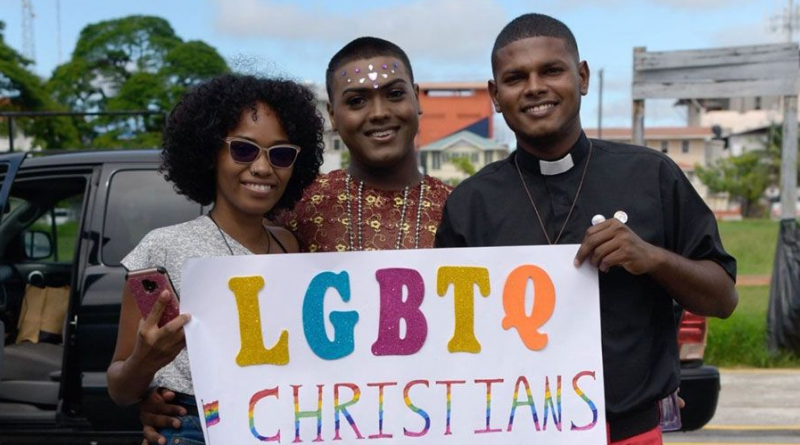Sex between consenting adults is private, Appeal Court rules, and strikes out unconstitutional sections of Sexual Offenses Act
A law practitioner says he is not surprised by the Eastern Caribbean Supreme Court of Appeal’s July 5 ruling, which declared Sections 12 and 15 of Antigua and Barbuda’s Sexual Offences Act 1995 unconstitutional.
He says precedent was set two years ago when a Belize court ruled that that country’s buggery law was unconstitutional. A similar ruling was also made in Trinidad & Tobago.
The Appeal Court, in its ruling, stated that the local law contravenes the constitutional rights of citizens since the selection of an intimate partner is a private and a personal choice.
This court determined that Sections 12 and 15 of the Act contravene Sections 3, 12, and 14 of the Constitution of Antigua and Barbuda.
Section 12, the Court ruled, offends the right to liberty, protection of the law, freedom of expression, protection of personal privacy and protection from discrimination on the basis of sex.
It said that Section 12 is inconsistent with the rights of persons who are 16 years and older to engage in consensual anal sex in private; and to the extent of that inconsistency, this section is void, the Court ruled.
Referring to Section 15, the Judge ruled that it offends the same rights and is also void for the same reason.
The Appeal Court has therefore ordered that Subsection 15(2) (b) of the Sexual Offences Act, 1995 be read as if the words “a male person and a female person” were deleted and replaced with the word “persons.”
The Government has been ordered to pay the costs of the claimants – Orden David, reportedly an openly homosexual man, and Women Against Rape Inc. (WAR) – in an amount to be assessed, if not agreed within 21 days.
This case, challenging the validity of those sections of the Sexual Offences Act, 1995, was on the basis that it offended their constitutional rights.
The court has essentially paved the way for a review of the laws that prohibit homosexuality, since many feel they go hand in hand and some believe the legislation criminalizes gay men.
Asked whether persons who were convicted for buggery can sue the state, the lawyer said no. However, the Government can appeal the ruling all the way to the Privy Council, the country’s final appellate court.
The source could not say whether the Government will embark upon this fight, since the outcome might very well be the same.
The attorneys leading the fight for the claimants were Andrew O’Kola and Senior Counsel Douglas Mendes from Trinidad.
A similar complaint was filed by a transexual activist against Barbados’ buggery laws in 2018, although a decision has not yet been rendered. Challenges in Dominica and St. Vincent & The Grenadines were filed in their domestic courts in July 2019 and are still pending, as well.




